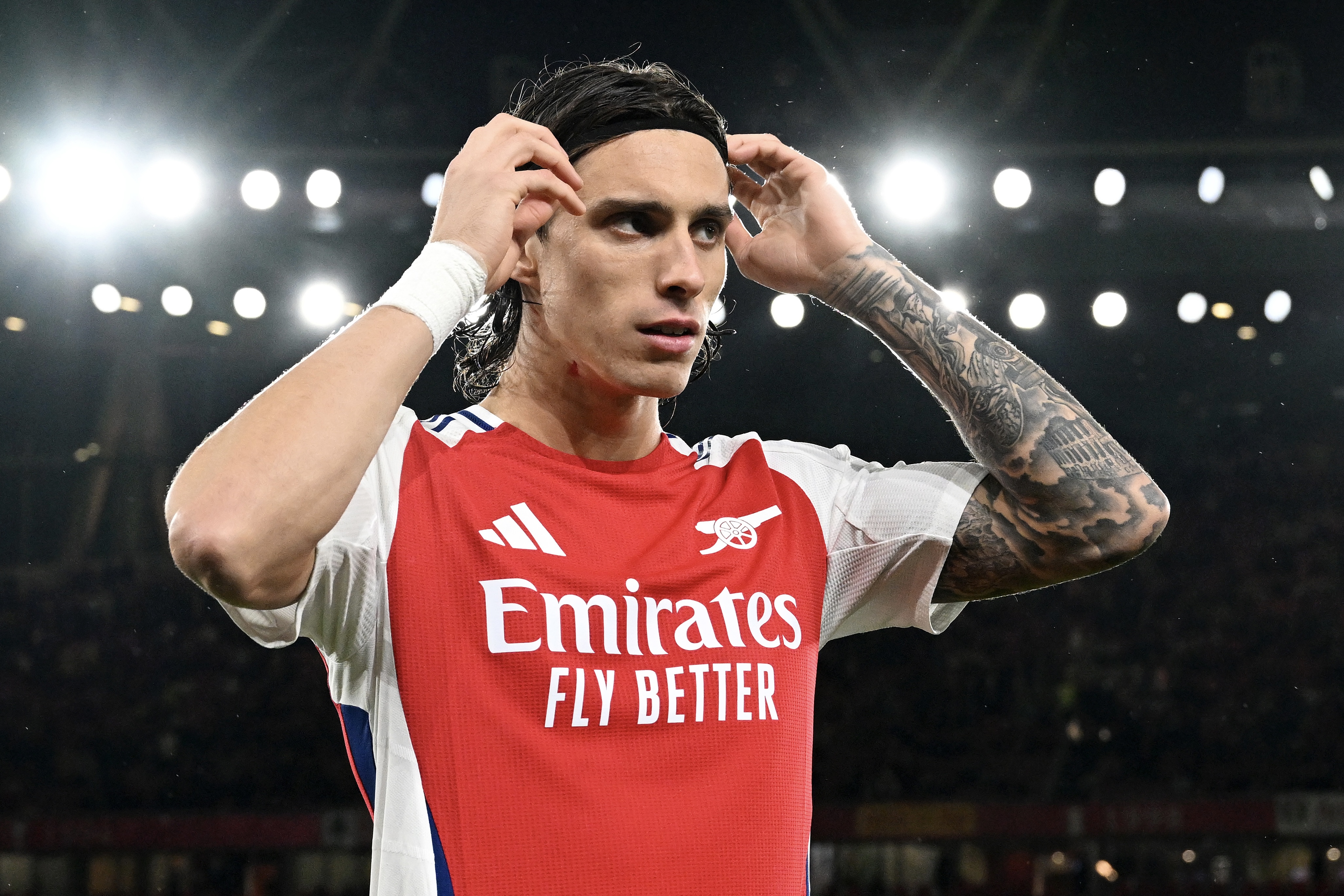Football is a sport built on solidarity, teamwork and trust. Over the last few days, these traits have been on display as football united for a four day blackout over social media.
The aim of the blackout was to put pressure on social media companies who are failing to fulfil their duty when it comes to making online spaces safe.
Racial abuse and hate have become more and more visible online over the past 12 months. Football personalities have been victims of abuse on dozens of high profile occasions yet when confronted or escalated, there has been no real action taken. Ian Wright is a prime example of someone who had to endure just this when his abuser was let off with a caution in court, due to it being only their “first offence”.
We already know that racism will not be conquered by a blackout. This is very important to note. Racism is a societal issue that we must continue to fight from all angles. This most recent battle however was to make sure that platforms such as Instagram, Facebook and Twitter do their part in fighting racism by ensuring it can not live on its platforms. They need to be held accountable for what they can control.
The boycott has now happened. So what happens next? How does pressure turn to action?
It’s something I've pondered on for many months and had many conversations on. Each road leads to the same destination: accountability. Every organisation must take accountability for what they can control or have influence over.
If social media companies did get the message and begin to clamp down harder within online spaces, this would be a massive moment, but it doesn’t mean the problem is over. There are still many battles to fight.
Let’s start with football’s governing bodies. FIFA and UEFA joined the blackout. To many, this is ironic and the reason is simple. Have they done all that’s in their power to eradicate racism within the game? Are the bans for racial abuse strong enough? Has a precedent been set when it comes to zero tolerance for racism? You already know the answer. There are still massive problems within football of racism being a virus that isn’t taken seriously. Therefore football’s governing bodies need to take accountability and do more. If racism is really an issue, treat it as such. Financial issues are treated with vigour, as should racism. The action here should be lifetime bans for perpetrators both on the field and off it. It should be to make sure globally that football is being used to educate on discrimination. Joining a boycott is all good but their houses have to be in order too.
Football clubs can also have a key part in what happens next. Many have been vocal about protecting players and have really stood with those who have been affected. Swansea and Birmingham are two teams who have already completed their own social media blackouts and called out social media companies following abuse to their players. Clubs too however have to ask themselves have they been fully accountable of what they have influence over? Just last week, Chelsea and Manchester City announced extensive bans for fans who had been abusive. This is a step forward but it should be the norm. Zero tolerance for fans in real life or online who abuse others. Football clubs can also influence changes to ensure that their fans, who are a representation of wider society, are safe when they are at their club. To a certain extent, there is a role of responsibility that clubs have to educate their fans within their immediate community and internationally about why abuse can not be tolerated. Every person who wears the shirts of their club should feel equal. Therefore clubs have a responsibility to ensure no members of that community are treated less than that.
Fans of the game are so important and can also play a key part in future actions. The game doesn’t exist without them. Standing in solidarity is an integral key in this battle. Now more than ever, fans must continue to call out abuse when they see it. From all directions possible, those who abuse must not feel like they can just do this and get away with it.
Systemically, football still requires wholesale changes. It’s very easy to say all of these changes and actions should be taken but a key issue is, these decision making rooms are not reflective of society. The numbers of non-white coaches, senior position holders and board members is truly shocking. How can the game adequately cater to everyone’s needs if everyone doesn’t have a seat on the table? Representation is important. The game can not properly tackle issues until voices are heard and given the ability to speak in high places. From regional to national level, more needs to be done to ensure diversity is present in powerful rooms.
The boycott was not everyone’s cup of tea and it’s understandable. We all want change and are tired of seeing things put into place with little thought about what happens next. However unity still remains key. There is no silver bullet that solves all of these issues. Our frustrations should not be at proposed ideas, they should be at the lack of accountability taken by other parties.
If everyone who had some influence did what they could with their power, we would get gradual progress. There is no time better than now for that to start. Let's all make sure we are doing what we can within our power to make sure that abuse is something not tolerated in football.


.svg)









.jpg)







.jpg)




















%202.jpg)


%20copy-2.jpg)






%202.jpg)




































.jpg)

.jpg)



.png)


.jpg)

.jpg)
.jpg)

.jpg)













%20(2).jpg)


























































































